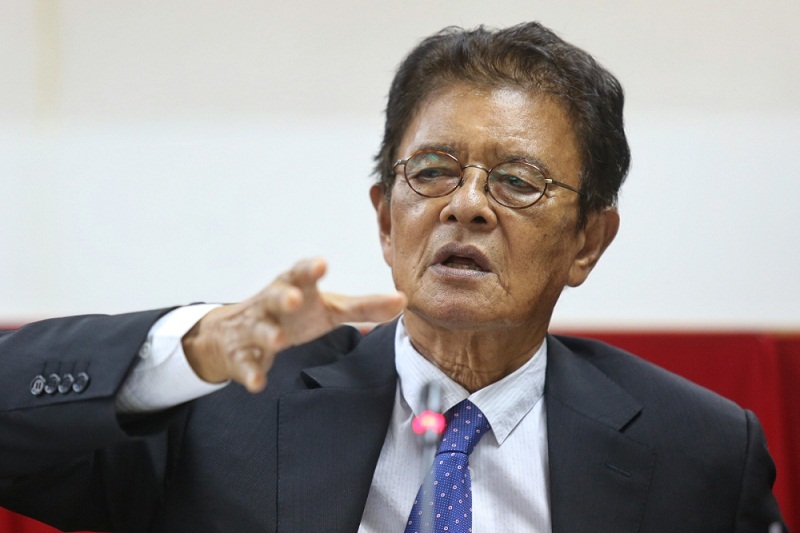KUALA LUMPUR, March 17 — The Human Rights Commission of Malaysia (Suhakam) expressed disappointment today with the government’s decision not to accede to the International Convention on the Elimination of Racial Discrimination (ICERD).
The human rights body said the Malaysian government had accepted 184 of 268 recommendations at the recent Universal Periodic Review (UPR) in Geneva, where the Human Rights Council under the United Nations reviews the human rights records of UN member states.
“This is an encouraging step forward, although Suhakam believes that further efforts could be made to accept more recommendations, particularly of those related to the accession of the six remaining core human rights treaties and the withdrawal of all reservations to existing treaties,” Suhakam chairman Tan Sri Razali Ismail said in a statement.
He cited the 1951 International Convention on Refugees, the ratification of the Convention against Torture and Other Cruel, Inhuman or Degrading treatment or Punishment, and the raising of the minimum marriage age to 18.
“However, SUHAKAM remains disappointed in the Government’s decision not to accede to the International Convention on the Elimination of Racial Discrimination (ICERD) and would like to emphasise that it is the right of all peoples to exist without having to fear mistreatment or discrimination on the basis of their race.
“This is particularly true in a country as diverse and multicultural as Malaysia where such protections are especially necessary to prevent violations of dignity and justice. The government should pave the way for ongoing dialogues and educate the public on equality and elimination of racial discrimination instead of succumbing to public pressure,” Razali added.
The Pakatan Harapan (PH) government backtracked on acceding to ICERD after PAS and Umno held mass protests against the anti-discrimination treaty.
Suhakam also criticised today the government’s to only remove the mandatory nature of the death penalty for certain offences, as well as the police investigation into a women’s march for sedition and illegal assembly, despite PH’s previous promises to repeal these laws.
“These actions are concerning as they seem to indicate a regression in the commitment to advance and promote human rights for all Malaysians as well as a lack of buy-in on matters related to human rights by enforcement authorities, particularly given the promises made by the government during the UPR to improve Malaysia’s human rights record,” said Razali.



















